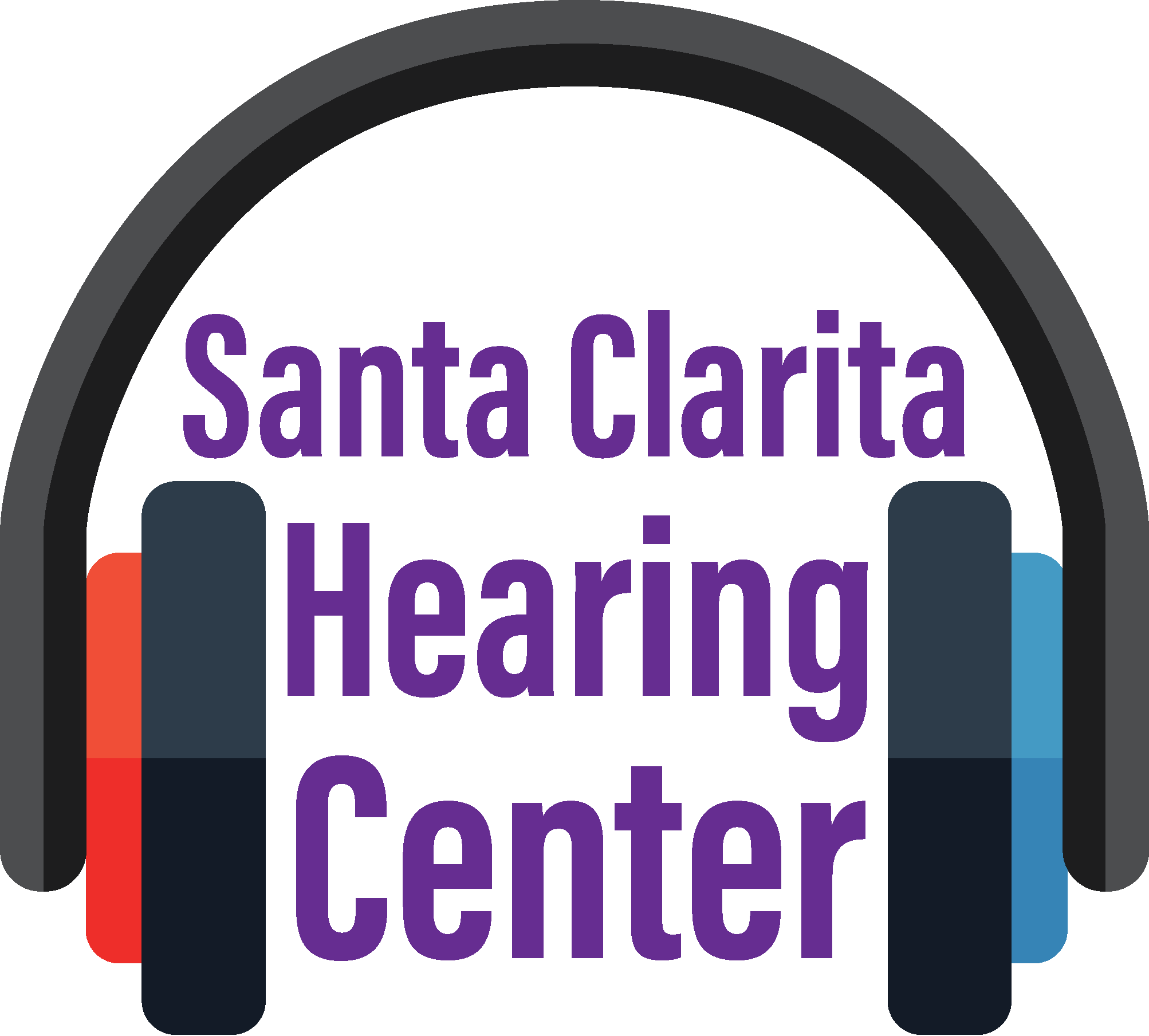Hearing loss is as varied as the people it affects.
Our ears are incredibly complex. Any noise, loud or soft, near or far, is picked up and interpreted at lightning speed, yet if any section of our ears isn’t working quite right, it can have a huge impact on our hearing ability. While hearing loss can take many forms, it’s essential for this intricate pathway to function correctly.
What works for one patient may not work for another, so that’s why we take a customized approach to your care. Our hearing evaluations are designed to diagnose exactly which part of your ear isn’t functioning and thus allows us to create the most appropriate treatment plan for your needs. There are four main types of hearing loss – keep reading to see how they might affect you.
Sensorineural Hearing Loss
The most common type of medical hearing loss, sensorineural hearing loss occurs due to a problem with the inner ear or auditory nerve. It presents itself when either the auditory nerve or the hair-like cells in the cochlea have sustained damage or are missing. This results in the inability to send complete nerve signals to the brain.
This kind of hearing loss can be caused by the following:
- Head trauma
- Illnesses
- Drugs that are toxic to hearing (ototoxicity)
- Genetics
- Malformation of the inner ear
- Exposure to loud noise
- Aging
Conductive Hearing Loss
Although rather uncommon and typically temporary, a conductive hearing loss can occur in some patients. It’s caused when an issue in the outer or middle ear blocks sound from the inner ear. Treatment involves the use of medication or surgery while other individuals opt to use hearing aids to improve their hearing ability.
- Ear infections
- Benign tumors
- Swimmer’s Ear
- Foreign object in the ear
- Fluid in the middle ear from colds
- Absence or malformation of the outer ear, ear canal, or middle ear
- Allergies
- Perforated eardrum
- Impacted cerumen (earwax)
Mixed Hearing Loss
When multiple parts of the ear’s anatomy are damaged, a mixed hearing loss can occur. In most cases, both the middle or outer ear along with the auditory nerve or inner ear have sustained an injury of some type or have encountered one of the conditions listed above. The conductive hearing loss present may be reversible while the sensorineural hearing loss is often permanent.
Conductive hearing loss can be caused by:
Auditory Processing Disorders
Rather than a hearing impairment which affects the ability to detect sounds, Auditory Processing Disorder (APD) causes individuals to struggle with their ability to organize, analyze, and interpret noises around them. While all parts of the ear are functioning properly, those with APD find that the hurdle they encounter is in their brain. Often caused by a tumor, disease, injury, heredity, or an unknown cause, the auditory processing centers in the brain do not function normally. APD might be a factor in dementia hearing loss. APD does not always include hearing loss and many times the treatments for this disorder versus a hearing impairment are dramatically different.
Hearing loss doesn’t have to control your life.
